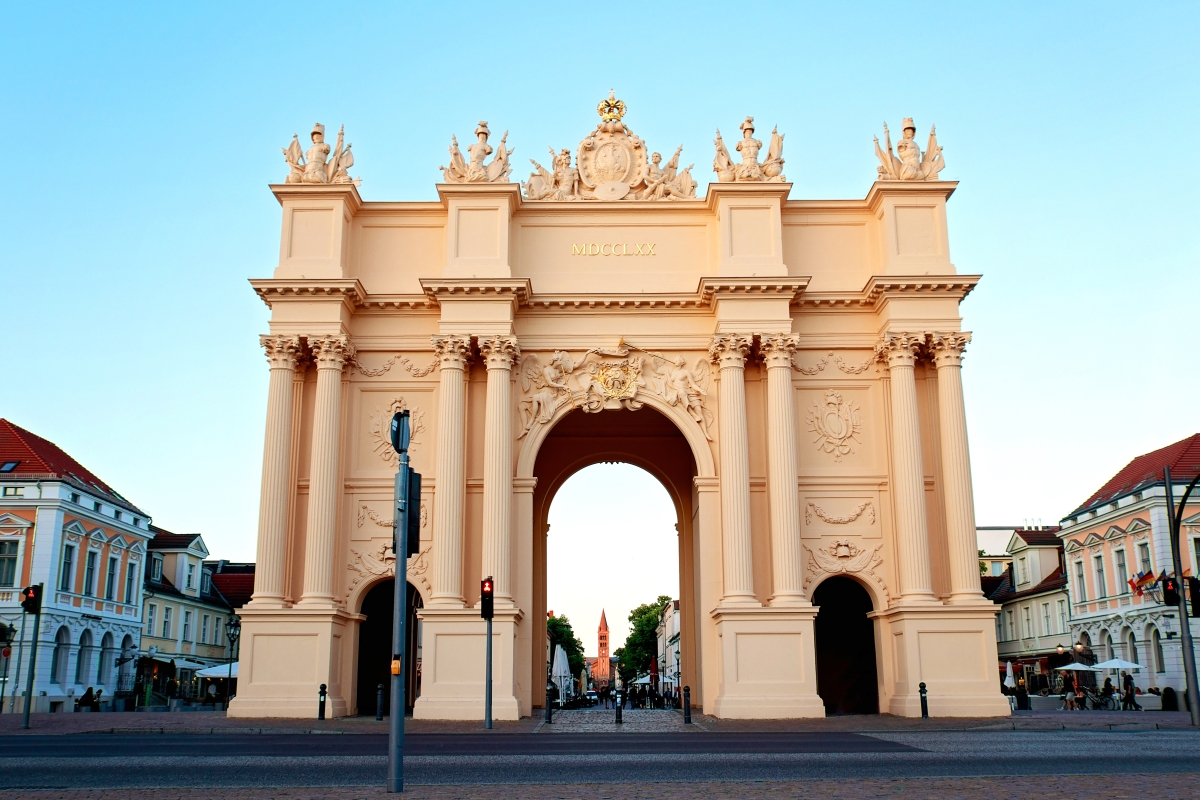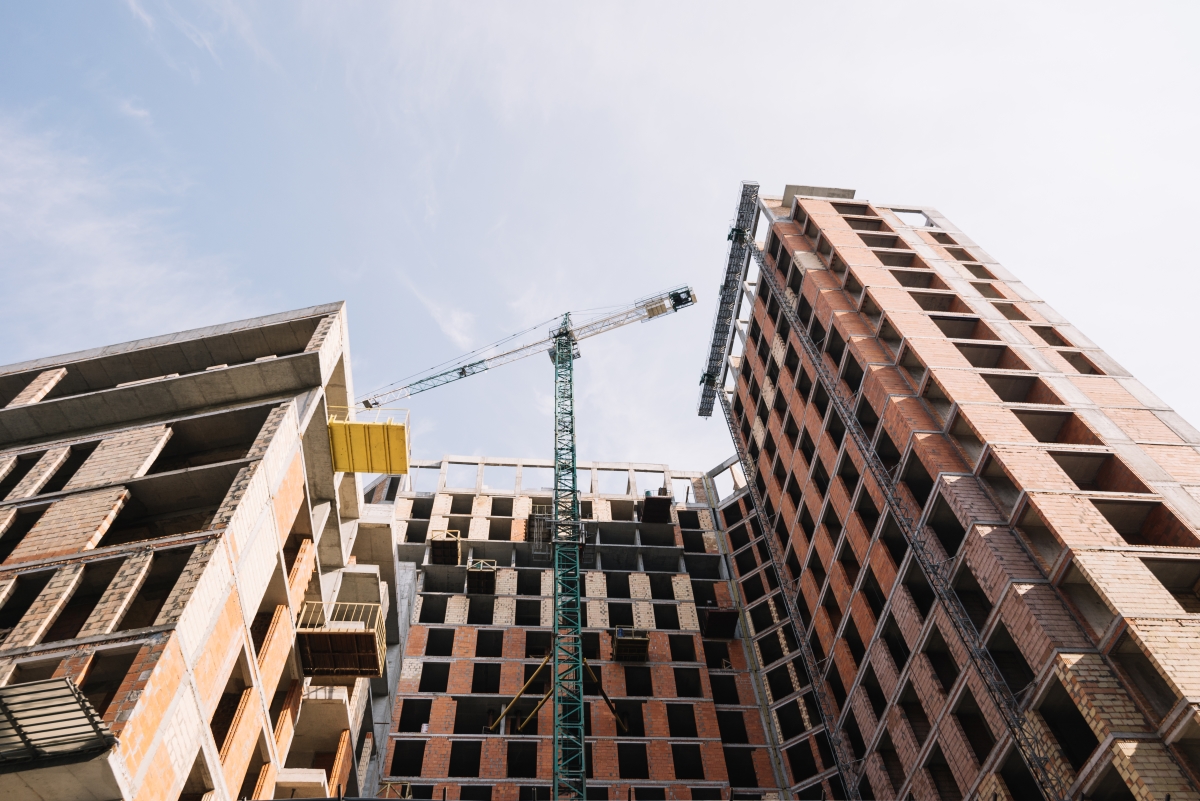This is what the state of Germany’s economy depends on.
This is what the state of Germany’s economy depends on.
Recent economic data has shown that the German economy is facing an uphill battle, with its future depending on a few undetermined variables. Euronews Business examines a few of these.
Germany’s manufacturing sector is still in contraction area, and the country’s gross domestic product (GDP) shrank on Friday, November 24, indicating that the country’s economy is still under strain.On the other hand, the country’s worldwide Purchasing Managers’ Index (PMI) data, which summarizes whether market conditions are growing, remaining the same, or decreasing, increased to 47.1 in November from 45.9 in October, the highest level since July.
In the realm of economics, however, a PMI number below 50 indicates a contraction; for Germany, this is the fifth consecutive month in the sub-50 contraction region, indicating the beginning of a recession.
What is causing Germany’s economy to falter?

Furthermore, the European economic superpower is facing serious hurdles as it moves into 2024, including sharp drops in new orders and residential building as well as a sharp loss in affordability.These are a few measures we can use going forward to assess the state of the German economy.
Residence construction

First off, data from the IFO economic institute indicates that in October, there was a rise in project cancellations in Germany’s residential building industry, with 22.2% of enterprises reporting a cancellation rate. Since 1991, this is the biggest rise.
Why is this taking place? This is because of the unfavorable global macroeconomic environment, which includes growing debt levels, tighter lending criteria implemented by the G7, and many central banks setting interest rates higher for longer periods of time.Consumers’ incomes will be under more strain in the upcoming year if this trend continues.
New building directives
It is evident that there has been a decrease in new building orders as well. According to firms, the percentage of orders fell from 46.6% in September to 48.7% in October. To put this in perspective, in October 2022, it was only 18.7%. It is an incredible 166% decrease in orders year over year (YoY/0 increasing decline).

In Germany, one in ten employment, a fifth of total output, and 6% of the nation’s GDP are generated by the building industry.It is useful to note that billions of euros were pumped into this industry following the Covid-19 outbreak, when the money supply peaked and interest rates were at an all-time low. This led to overvalued valuations and a 66% increase in property prices.
Remarkably, between 2015 and 2016, building activity/output increased by 16%.
Rising material costs
Raw material prices have increased by 40% since the start of the COVID-19 pandemic, and the European Central Bank (ECB) has raised interest rates ten times. These developments have reduced consumer confidence and purchasing power due to rising inflation.

The head of BaFin, which oversees 674 financial services firms and 1,740 banks in Germany, recently issued a warning to lenders with significant exposure to commercial real estate, stating that he anticipates additional declines in valuations.
Crisis in the budget and financing innovation

Furthermore, the European economy may suffer over the coming years as a result of Germany’s budget problem, which has raised concerns about billions of euros in planned spending, according to a warning issued by the Organization for Economic Co-operation and Development (OECD) on November 23.
According to Robert Grundke, who leads the OECD’s Germany department, “if there is less investment and spending in Germany over the next few years because there is less money available, this will inevitably have an impact on the EU economy,” Reuters said.A recent report from the German Council of Economic Experts would also be a good place to go if you’re curious about what the future holds.
Middle East hostilities and unstable oil prices
Furthermore, even though Europe’s stockpiles are 99% full, the possibility of another energy crisis cannot be completely ruled out as long as the Middle East conflict persists.The output of Germany’s energy-intensive sector has already decreased, standing 17% lower than it did at the beginning of 2022. This might get worse if energy prices rise even further.The German economy is in crisis, as indicated by the activity in the construction sector and other economic indices. But things could change drastically if the actions of the central bank and/or the outlook for the world economy suddenly changed. Investors and consumers will need to adhere to the cautious optimism philosophy up until that point.
.M-J Global is the best visa agent in Dubai,Oman and Qatar and best immigration consultant in Oman,Dubai and Qatar.It is the most trusted immigration agency in middle east and the business migration agent in Oman,Dubai and Qatar.M-J Global is the best registered Immigration Agent in Dubai,Oman and Qater.

